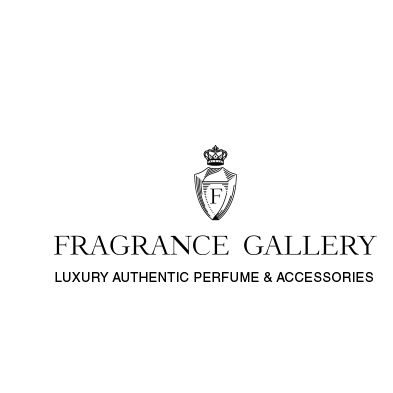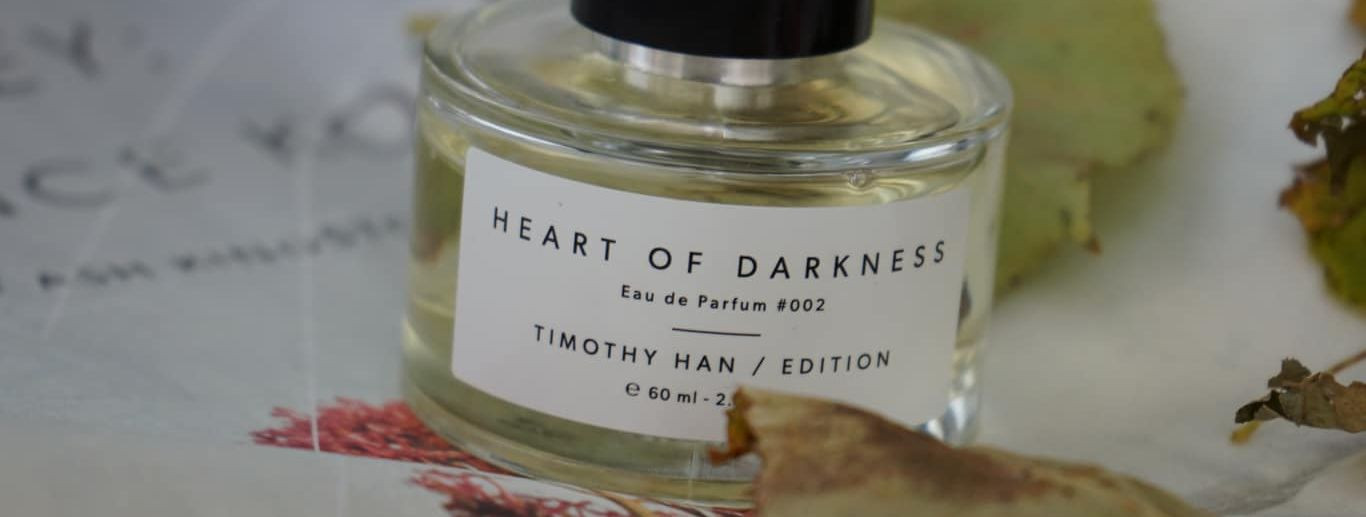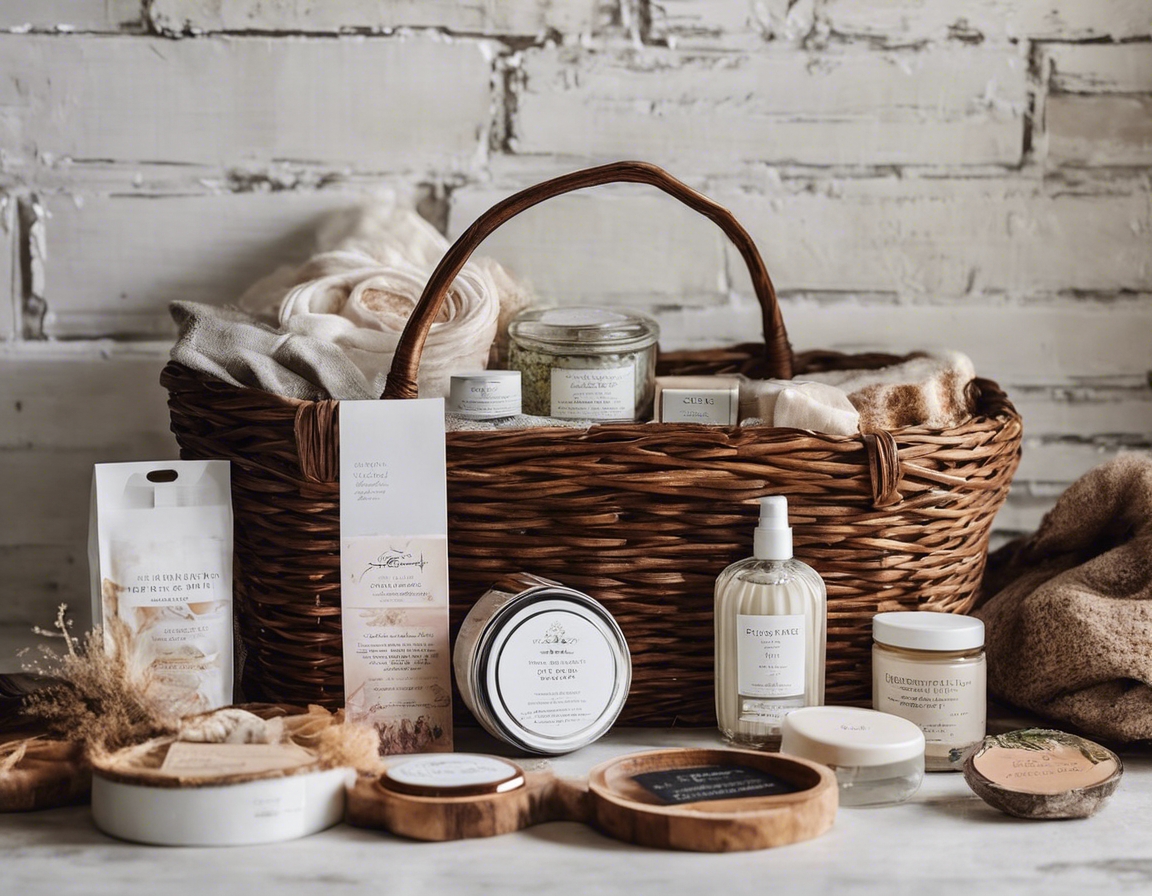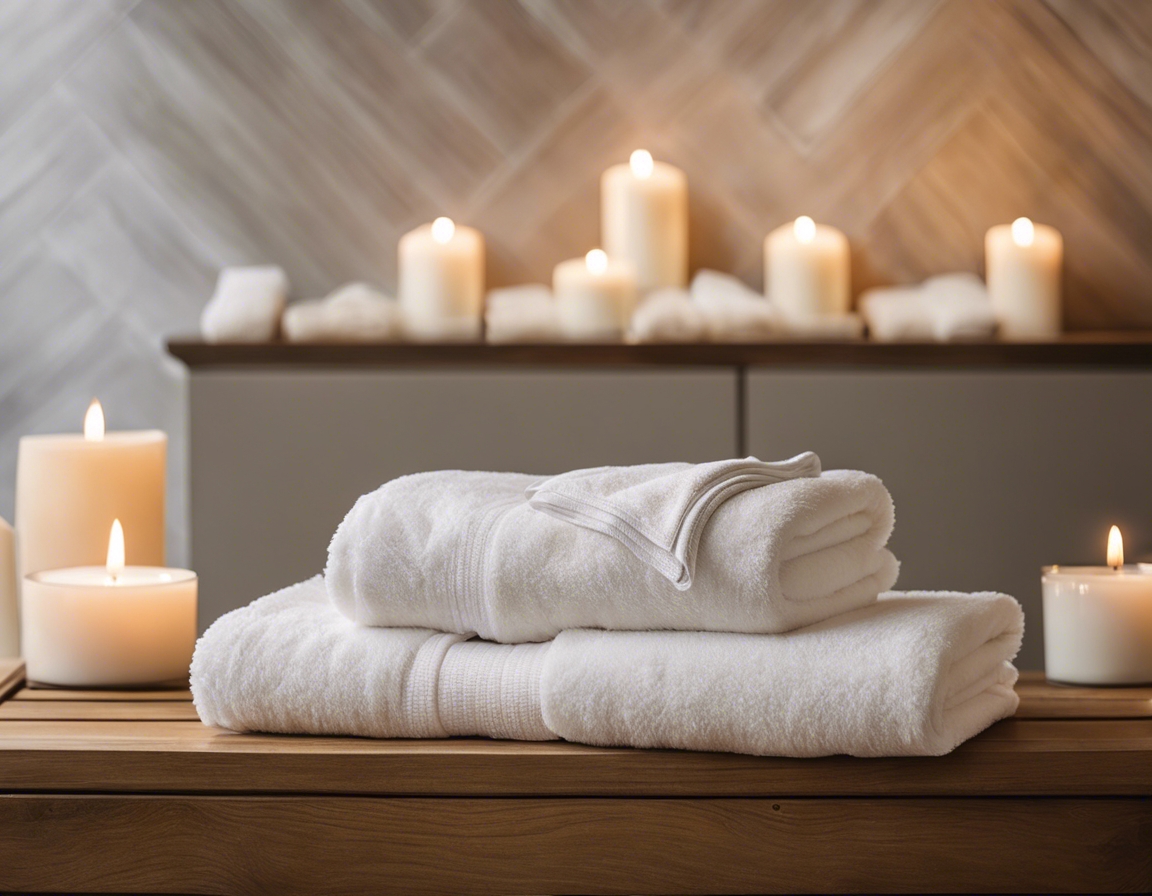The journey of perfume: from ancient to modern times
Perfume has been an integral part of human culture, serving as a symbol of status, a tool for ritual, and a means of personal expression. Its journey from ancient concoctions to modern-day fragrances is a testament to the ingenuity and creativity of civilizations throughout history.
The Origins of Perfume
The earliest records of perfume can be traced back to ancient Mesopotamia and Egypt, where aromatic resins and oils were used for religious ceremonies and personal adornment. The Egyptians, renowned for their elaborate burial rituals, often included perfumed balms in the tombs of the pharaohs, believing the scents would guide the spirits in the afterlife.
In ancient civilizations, perfume was more than just a fragrance; it was deeply intertwined with culture, religion, and daily life. The Greeks and Romans further developed the use of scents, incorporating them into public baths and social gatherings, thus setting the foundation for perfumery as we know it today.
The Evolution of Perfume in the Middle Ages
The Middle Ages saw significant advancements in the art of perfumery, particularly in the Arab world. The introduction of distillation techniques allowed for the extraction of essential oils, which became the core of more complex and longer-lasting fragrances.
As trade routes expanded, so did the influence of Arabian perfumery in Europe. The use of perfume spread from the courts of royalty to the streets, with scented gloves and pomanders becoming fashionable accessories among the elite.
The Renaissance and Perfume
The Renaissance period further elevated perfume's status as a luxury item. Nobility and the wealthy used scents to showcase their power and wealth, commissioning personalized fragrances that became part of their identity.
During this time, the science of perfumery also made great strides, with the development of new methods for scent extraction and the introduction of alcohol-based perfumes, which allowed for more nuanced and sophisticated blends.
The Industrial Revolution and Modern Perfumery
The Industrial Revolution brought about the creation of synthetic aroma compounds, which revolutionized the perfume industry. These new materials enabled perfumers to create fragrances that were previously impossible to produce naturally.
With the advent of mass production techniques, perfumes became more accessible to the general public, transforming from an exclusive luxury to a widely enjoyed commodity. The global distribution of fragrances also meant that scents from all corners of the world could be experienced by anyone, anywhere.
The Art of Modern Perfumery
In recent times, there has been a resurgence of interest in niche fragrances and artisanal perfumery. Consumers are seeking out unique, handcrafted scents that reflect their individuality and offer an alternative to mass-produced perfumes.
As we look to the future, the perfume industry continues to evolve, with a focus on sustainability, personalization, and the exploration of new olfactory experiences. The journey of perfume is far from over, and its story will continue to unfold in fascinating ways.






Comments (0)